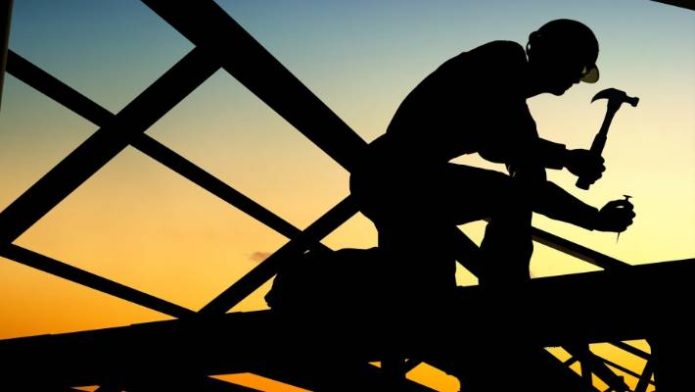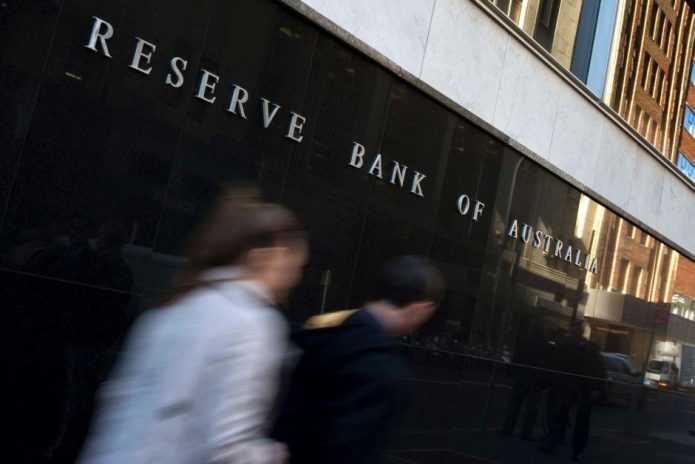PHOTO:
| Up to Q3 2020 first home buyers (FHBs) had actually had a strong property market share. But the rapid rise in values since then has caused them some ‘fatigue’, in terms of keeping up with deposit requirements – hence their share of purchases has dropped from 25% to 21%. From that perspective, the Government would probably say that their tax policy changes to discourage leveraged investors from buying existing properties (and help FHBs) have been well-timed. However, it’s also important to reiterate that FHBs are keen on new-builds, a segment where competition from investors is set to increase. |
| Property investors have been firmly in the spotlight for the past four weeks, with much discussion about the pros and cons of the Government’s decision to remove/taper mortgage interest deductibility, and how landlords might react. Of course, a key reason why the Government has tightened investor policy is to help first home buyers (FHBs) access the property market. So how have FHBs really been faring lately?
In terms of their share of property purchases, FHBs had actually done pretty well up until Q3 2020, with a figure of 25% – a record high (see first chart attached). This reflected factors such as their ability to access KiwiSaver for the deposit (or part thereof), as well as a willingness to look at cheaper property types and/or locations. However, the past six months have been far less favourable for FHBs. Since September, average property values across NZ have risen by $101,813 (13.7%) to hit $845,491, which means a significant amount more saving for FHBs to reach the 20% deposit mark. And during that period, their share of purchases has dropped back relatively sharply to 21%, the lowest level in three years and back down to roughly its long-term average. At a more detailed level, the second chart shows that Christchurch and Dunedin still have a higher share of FHBs than normal (along with ‘provincial’ areas such as New Plymouth and Nelson), but Auckland, Wellington, and Hamilton are only in line with their averages or slightly below – as well as areas such as Invercargill, Whangarei, Palmerston North, and Whanganui. It’s no surprise that some of that second batch of areas, where FHBs are perhaps now showing signs of ‘fatigue’, are also those that have seen very strong investor interest and/or rapidly rising property values. Indeed, Invercargill and Palmerston North for example each had a 35% market share for mortgaged investors in Q1 2021, both record highs. We’re certainly not saying that a high investor presence necessarily pushes up prices faster than otherwise, but it’s also interesting to see in the third chart that successful FHBs in Whanganui (again as an example) in Q1 2021 paid/had to pay a median price 34% above a year earlier. Finally, the CoreLogic Buyer Classification series indicates that FHBs’ market share for new-builds has been rising steadily in recent years and is now at 29% – much higher than their 21% share across all properties (see the fourth chart). By contrast, investors’ 37% share for new-builds (while still higher than FHBs) is lower than their overall figure. But now that investors have increased tax incentives to target new-builds, FHBs may well start to face even more competition in that segment. Accordingly, their attention may well start to shift back towards existing properties, which after all is a far bigger segment at any given point in time. |
WE DON’T ROAST OUR BEANS UNTIL WE HAVE YOUR ORDER
READ THE FULL REPORT HERE: 210420 CL NZ Pulse FHBs
MOST POPULAR
 Another Timeshare bites the dust | Taupo Ika Nui Timeshare Resort FOR SALE
Another Timeshare bites the dust | Taupo Ika Nui Timeshare Resort FOR SALE Brother told to pay $1m debt
Brother told to pay $1m debt Auckland real estate agent who admitted ‘disgraceful conduct’ celebrated by company as ‘true champion’
Auckland real estate agent who admitted ‘disgraceful conduct’ celebrated by company as ‘true champion’ Abandoned land for sale
Abandoned land for sale At home with Renters’ Pru Morrell, a colourful Christchurch property manager
At home with Renters’ Pru Morrell, a colourful Christchurch property manager Court orders property developer to pay up after loan default
Court orders property developer to pay up after loan default Shortage of building materials prompts warnings of another leaky home crisis | WATCH
Shortage of building materials prompts warnings of another leaky home crisis | WATCH Christchurch tenant says her health ‘deteriorated’ because of mouldy, dusty rental | WATCH
Christchurch tenant says her health ‘deteriorated’ because of mouldy, dusty rental | WATCH Heartland expands home loans offering with revolving credit at market-leading 2.75% p.a.
Heartland expands home loans offering with revolving credit at market-leading 2.75% p.a. Gabba earmarked to be ‘home’ of 2032 Olympic Games if Brisbane bid successful
Gabba earmarked to be ‘home’ of 2032 Olympic Games if Brisbane bid successful












